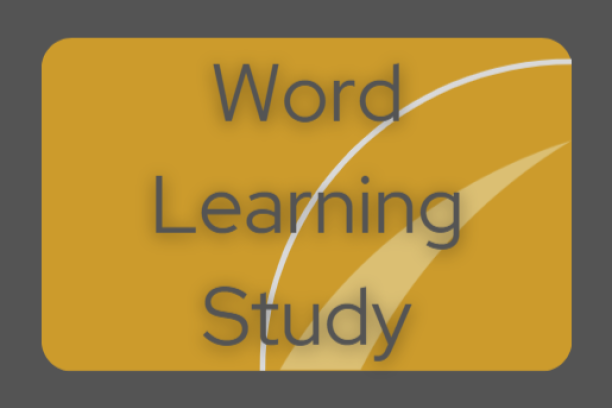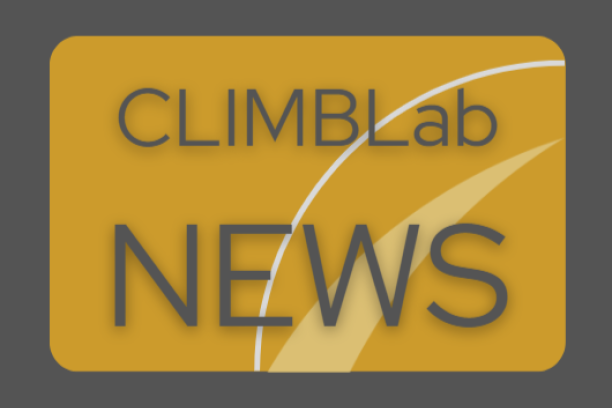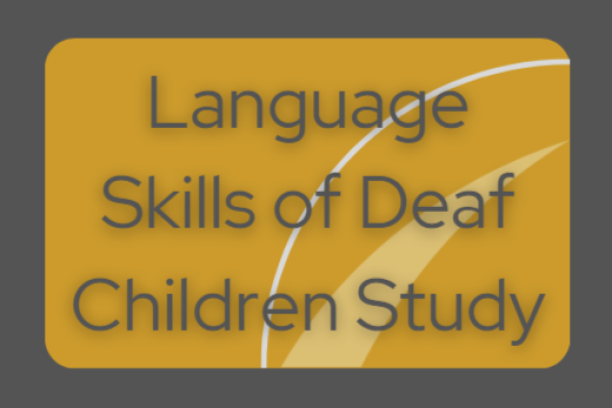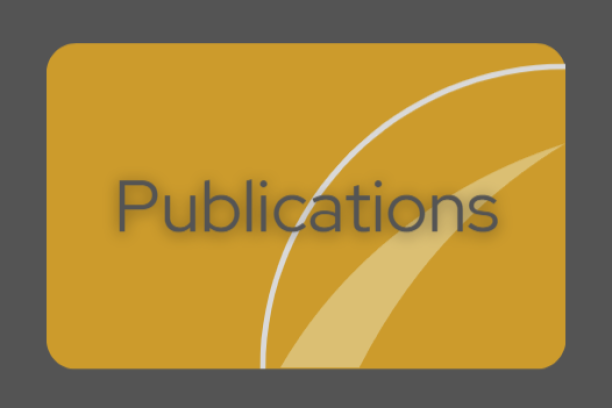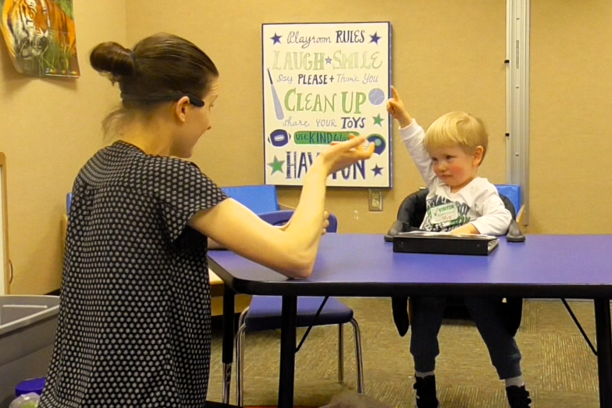-
McDaniel J., Yoder P.J. Pursuing Precision Speech-Language Therapy Services for Children with Down Syndrome Seminars in Speech and Language. 37(37). 239-51.
Abstract
The behavioral phenotype of individuals with Down syndrome (DS) offers one avenue for developing speech-language therapy services that are tailored to the individual's characteristics that affect treatment response. Behavioral phenotypes are patterns of behavioral strengths and weaknesses for specific genetic disorders that can help guide the development and implementation of effective interventions. Nonetheless, individual differences within children with DS must be acknowledged and addressed because behavioral phenotypes are probabilistic, not deterministic. Developing precision speech-language therapy services to maximize learning opportunities and outcomes for children with DS calls for increased collaboration among clinicians and researchers to address the needs, challenges, and opportunities on three interconnected themes: (1) moving effective interventions from research to practice, (2) making evidence-based, child-specific treatment intensity decisions, and (3) considering child motivation and temperament characteristics. Increased availability of intervention materials and resources as well as more specific recommendations that acknowledge individual differences could help narrow the research-practice gap. Clear descriptions of disciplined manipulations of treatment intensity components could lead to more effective intervention services. Last, addressing motivation and temperament characteristics, such as the personality-motivation orientation, in children with DS may help maximize learning opportunities. Focused attention and collaboration on these key themes could produce substantial, positive changes for children with DS and their families in the coming decade.

